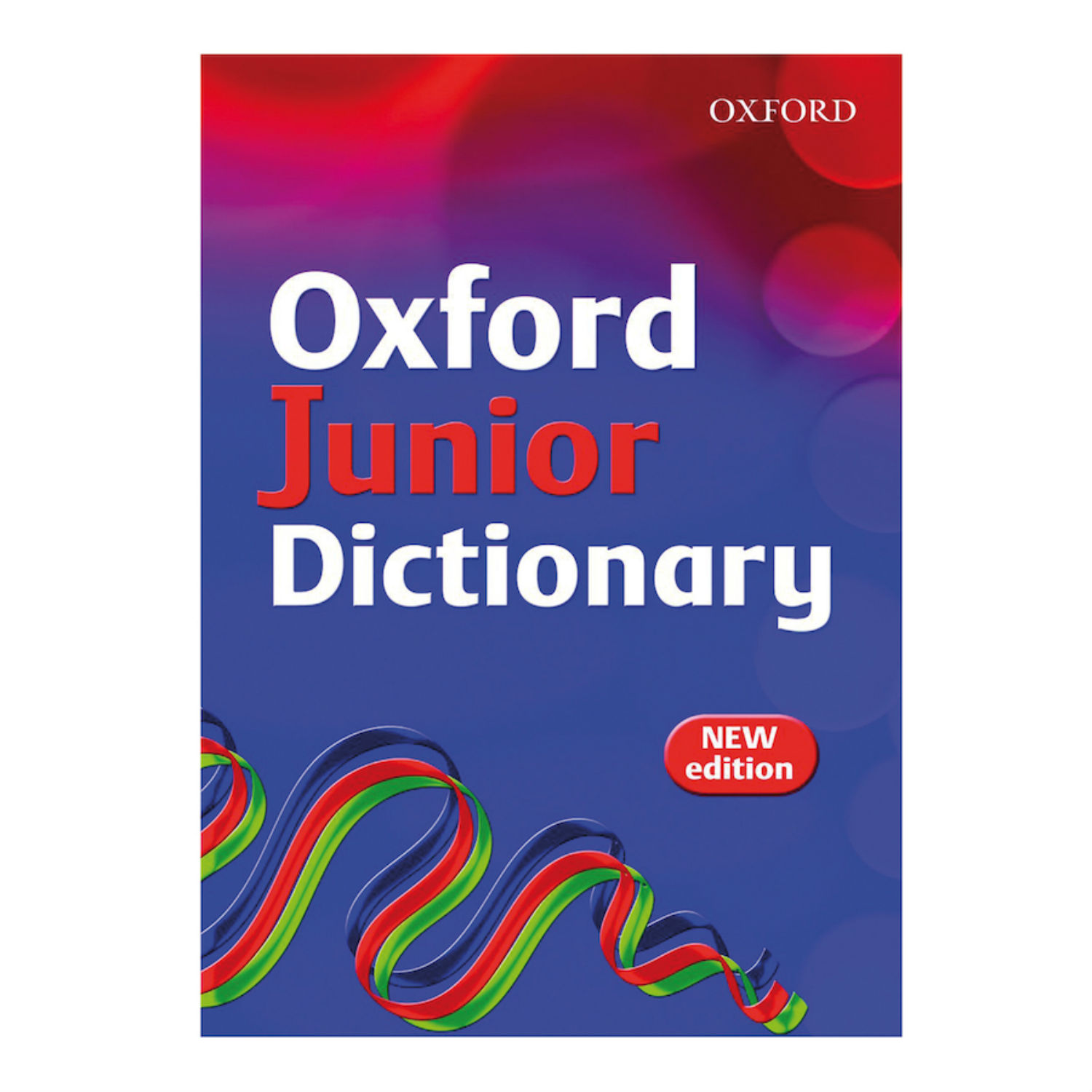A PETITION has been launched to reinstate words such as “acorn” and “buttercup” to the Junior Oxford English Dictionary.
The Change.org campaign urges Oxford University Press to reverse their 2008 decision to drop dozens of nature words from the dictionary.
It argues that young children will end up “insular” and lead less healthy lives unless words such as dandelion, conker are restored.
The petition creator, Terry Jackson, claims the culling of such words is alarming while numerous animal species approach extinction and child obesity rates soar.
In the past authors including Margaret Atwood and Michael Morpurgo have mirrored the concerns, describing the decision as “shocking and poorly considered”.
Terry, an artist from Watlington, Oxfordshire, decided more needed to be done and launched the petition, “Nature related words should be reinstated in the Junior Oxford English Dictionary”.

She said: “By removing many words to do with nature from the Oxford Junior Dictionary, children will, rather than caring for the earth and everything on it will be more insular and lead less healthy lives.
“This is alarming at a time when there are more and more species approaching extinction and more and more children suffering from mental illness and obesity.
“Some of the replacement words are also questionable choices. For example “Blog” must surely easier to spell and discover the meaning of than say hedgehog or cygnet.”
She added: “A group of authors have written to OUP and point out – ‘When the OJD made the changes, this connection was understood, but less well publicised than now.
“‘The research evidence showing the links between natural play and wellbeing; and between disconnection from nature and social ills, is mounting.’
“They also said, ‘There is a shocking, proven connection between the decline in natural play and the decline in children’s wellbeing’.”
In less than a week, the campaign has already attracted more than 17,000 signatures and hundreds of supportive comments including some from teachers.
Sarah Sparkes wrote: “Transitory words replacing those with proven longevity is short sighted. Hopefully ubiquitous dandelions and rarely seen kingfishers have a few decades left yet before extinction.”
Aeron Taylor said: “It’s madness not to include certain words, Adder as an example is the only native poisonous snake we have, kingfishers, heron, bluebells and conkers are part of British heritage especially for children.”
Julie Frusher wrote: “Nature education is so important for children – and the adults they will become. It gives a sense of respect for the earth, on which we all depend, and it also improves physical and mental health.”
A spokeswoman for Oxford University Press today (WED) said that although the nature words listed on the Change.org petition were removed from the junior dictionary, they are included in their Primary Dictionary – aimed at children up to 11-years-old.
She said: “The last change to the content of the Oxford Junior Dictionary was in 2008, and it still includes around 400 words focusing on the natural world.
“In the last 40 years our range of children’s dictionaries has increased from two to 17, and as such the total number of words – including those about nature – has significantly increased across the range.”
To sign please visit https://www.change.org/p/oxford-university-press-nature-related-words-should-be-reinstated-in-the-junior-oxford-english-dictionary/c?source_location=petition_show


